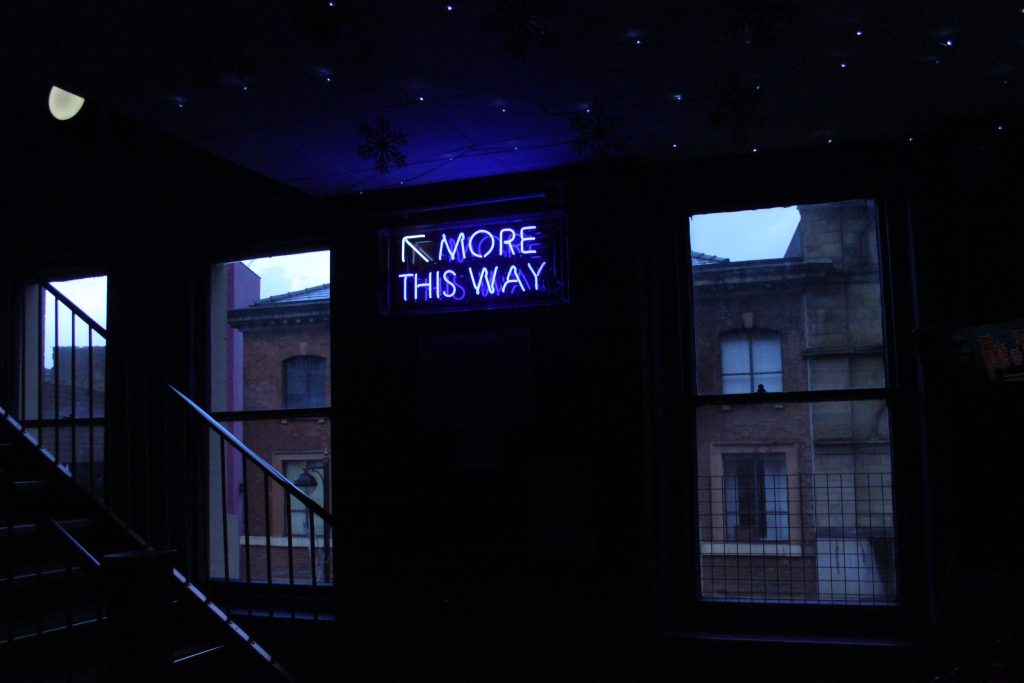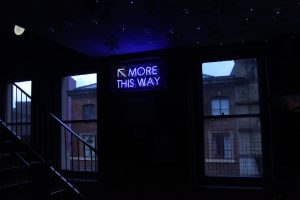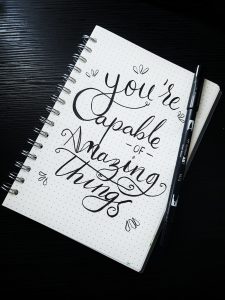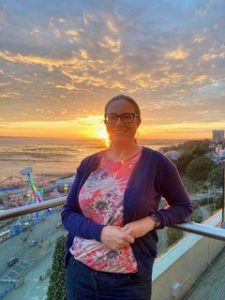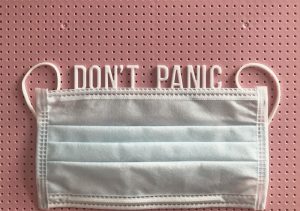
Later in life I came across an adapted version of the Golden Rule that says: “Treat people as they would like to be treated, as long as it is aligned with your values.” This way, even if I come across a masochist, I would not beat the person up, as this is not aligned to my values of non-violence.
What does this have to do with my work? Well, everything. When I enter a room to facilitate a new group of people, I treat them with respect and give them my best, which is what I would like anyone to do if I was a participant in a workshop. However, I have recently found out that this is not enough. Instead, I should also not ask more from people than what they can give.
My work involves promoting change, including behavioural change towards the Planet. There are so many interrelated issues that negatively impact the Planet, that any action towards a better world involves dealing with complex systems. Thus new innovative methodologies to problem solving are necessary. In this context, I bring the Oasis Whole Person Learning approach to the groups I work with. For most people from corporations and public service that are my target audience, it is a very different and unusual approach. It involves often sitting in circles without tables or in small groups, rather than in theatre style or U-shape layouts; it also involves a lot of talking and listening from participants and using creative tools such as drawing.
It turns out that some of the tools I apply might take people out of their comfort zone. Some people just can’t cope with that. Acknowledging the boundaries of a group and working within their limitations can be hard, especially if you are trying to push those boundaries. I recently experienced a push back from participants in a stakeholder engagement workshop I run in Mozambique. In the first day, of the two-day workshop, I used World Café methodology. Although this is a tried and tested methodology, it was new to my Mozambican audience. While some appreciated the participatory environment the World Café created, others were not happy with it at all and just found it a complete waste of time.
So it was no surprise to me, that when planning for the following day, the small group of stakeholders that were to meet again wanted to know more details about what we were going to do. When I explained that we would use further creative techniques of social theatre, they jumped! There was an upheaval in the room. They did not want to look “stupid” and “unprofessional” by doing some play that involved people in statue poses to represent the issues the programme were faced with. I had to cave in and changed the design of the second day overnight with my co-facilitator. It turned out to be the wrong decision and a big lesson learned for me in terms of co-facilitation.
After such a negative reception, I have had a number of discussions with other facilitators to understand what went wrong. There are a number of internal client specific issues that it is not appropriate to go into detail about. However, in these conversations to reflect what could have been done differently, Ana Muenzner reminded me that we should not ask from people more than they can give.
This rule is so simple and, at the same time, so easy to forget. And it applies to many aspects of our lives too. Another good friend of mine had given me the exact same advice when I was talking to her about my experience in my love life. Now, when people are not responding in a way I would expect them to respond, I first ask myself if they are actually able to take the steps I am proposing they do. As frustrating as it can be, that is a more gentle approach towards a group, and people overall, than pushing them beyond their limits. Lesson learned!

